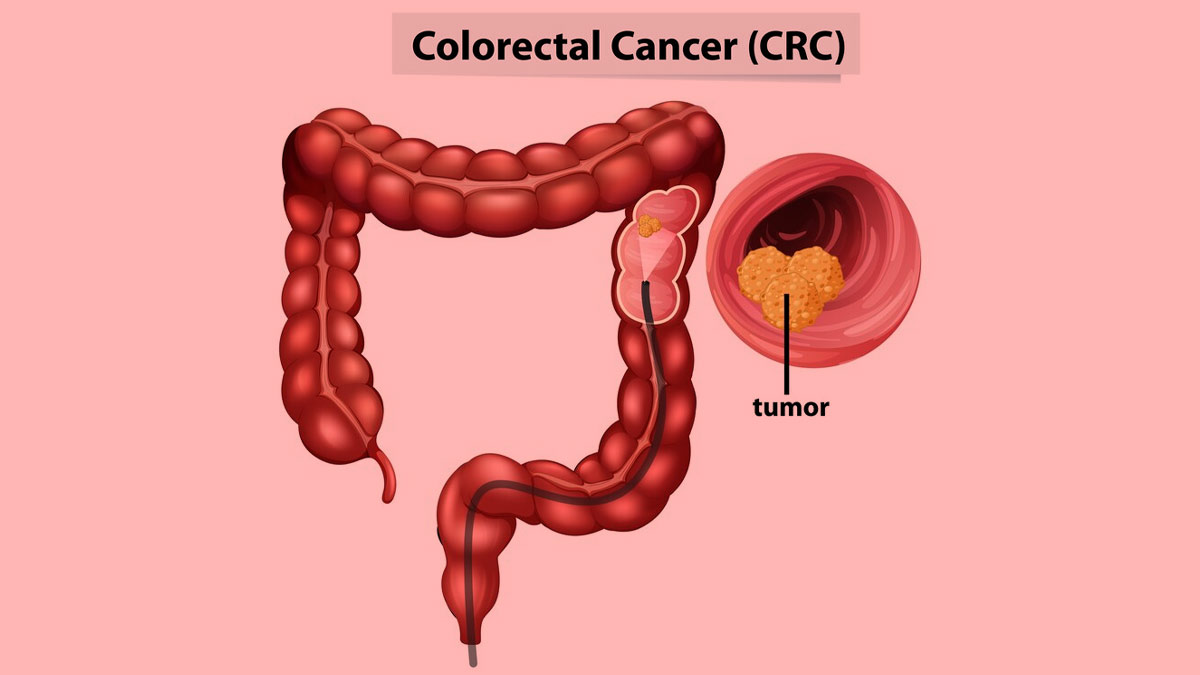
Colon cancer is a prevalent and potentially preventable form of cancer that can be influenced by various lifestyle factors, including dietary habits. To know the impact of food choices on colorectal health is crucial for reducing the risk of colon cancer.
Table of Content:-
“Colon cancer is also called colorectal cancer, is a form of cancer that develops in the colon or rectum, both of which are located in the large intestine. It all begins with the formation of a polyp, which is a tissue growth on the inner lining of the colon or rectal. It is crucial to note that not all polyps are malignant; nonetheless, some can progress to cancer over time,” said Dr N Ramana Reddy, Consultant-Surgical Oncology, HCG MNR Cancer Centre, Ongole. Here are eight food habits that have been linked to an increased risk of developing colon cancer:
1. High Red and Processed Meat Consumption
Studies have shown that a diet high in red and processed meats, such as pork, and sausages, is associated with an elevated risk of colon cancer. Processed meats often contain additives that may contribute to cancer development.

2. Low Fibre Intake
Diets low in fibre, particularly from fruits, vegetables, and whole grains, have been linked to an increased risk of colon cancer. Fibre plays an important role in maintaining a healthy digestive system and may have protective effects against colorectal cancer.
Low-fibre diets, which are ubiquitous in current fast-food culture, can contribute to poor gut health. According to a study published in the British Medical Journal, insufficient fibre consumption is linked to an increased risk of getting colon cancer.
3. Excessive Alcohol Consumption
Heavy alcohol consumption has been associated with an elevated risk of colorectal cancer. Limiting alcohol intake is advisable for overall health and cancer prevention.
4. High Intake of Sugar and Refined Carbohydrates
Diets high in added sugars and refined carbohydrates may contribute to an increased risk of colon cancer. Processed foods, sugary beverages, and snacks with high glycemic loads should be consumed in moderation.
5. Low Vitamin D Levels
Inadequate levels of vitamin D have been linked to an increased risk of colorectal cancer. Vitamin D is essential for maintaining overall health, and getting sufficient sunlight exposure, along with dietary sources and supplements if necessary, is crucial.
6. Low Calcium Intake
Diets low in calcium, a mineral found in dairy products, leafy greens, and fortified foods, may be associated with a higher risk of colon cancer. Calcium plays a role in maintaining colorectal health.
7. Processed and Charred Foods
Consuming processed and charred foods, especially those cooked at high temperatures, can lead to the formation of potentially harmful compounds. These compounds have been linked to an increased risk of colorectal cancer.

8. Low Intake of Folate and Antioxidants
Diets deficient in folate (a B-vitamin found in leafy greens, legumes, and fruits) and antioxidants may contribute to an elevated risk of colon cancer. These nutrients play roles in DNA repair and reducing oxidative stress. Adopt the following Healthy Dietary Practices.
- Eat a Balanced Diet: Consume a well-balanced diet rich in fruits, vegetables, whole grains, and lean proteins.
- Limit Red and Processed Meats: If you consume red meat, do so in moderation, and choose lean cuts. Consider plant-based protein sources.
- Increase Fibre Intake: Include a variety of fibre-rich foods in your diet, such as whole grains, legumes, fruits, and vegetables.
- Moderate Alcohol Consumption: If you choose to drink alcohol, do so in moderation. For example, one drink per day for women and up to two drinks per day for men.
- Stay Hydrated: Drink plenty of water to support overall health and digestive function.
- Maintain a Healthy Weight: Aim for a healthy weight through a combination of a balanced diet and regular physical activity.
- Get Regular Exercise: Engage in regular physical activity, as it has been linked to a reduced risk of colon cancer.
- Quit Smoking: If you smoke, quitting is essential for overall health and cancer prevention.
Also read: Why Are Young People Becoming More Prone To Colon Cancer?
By being mindful of these food habits and adopting a healthy lifestyle, individuals can take proactive steps to reduce their risk of colon cancer and promote overall well-being. Regular screenings and consultation with healthcare professionals are also crucial for early detection and effective prevention strategies.
Also watch this video
How we keep this article up to date:
We work with experts and keep a close eye on the latest in health and wellness. Whenever there is a new research or helpful information, we update our articles with accurate and useful advice.
Current Version